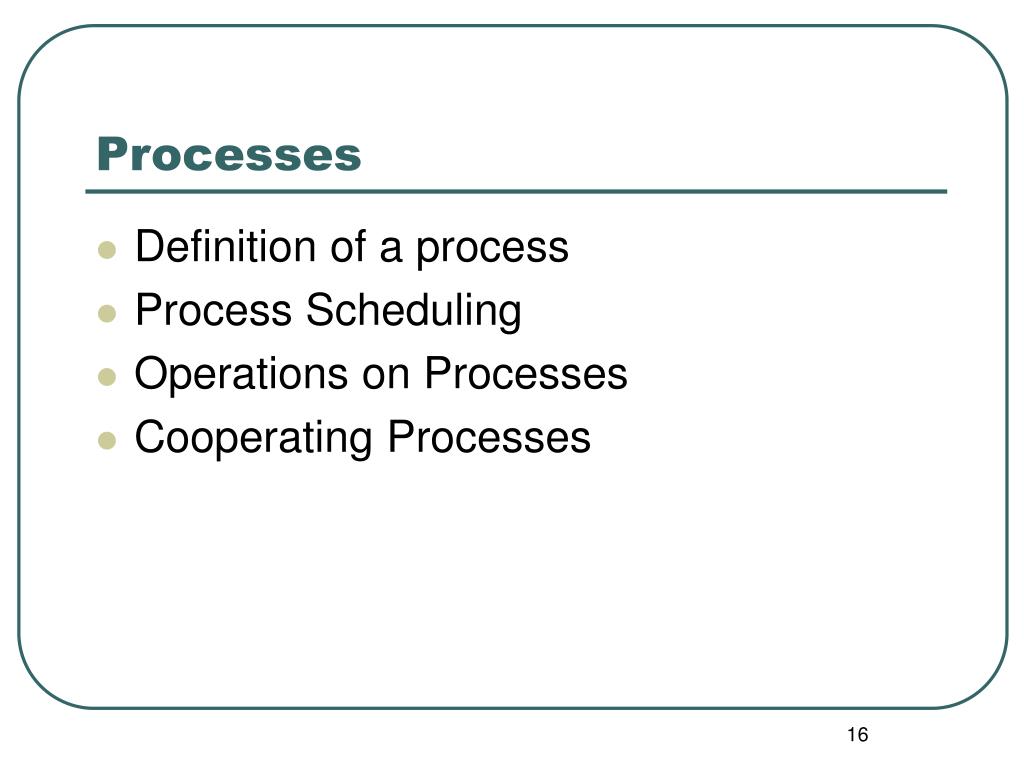

So, you know, democracy is not about everybody agreeing. They do help us have a system in which you kind of channel what might be a violent confrontation, conflict into peaceable You mechanisms for adjudicating differences. But not all democratic norms are like that.Ī lot of these norms actually do help keep our system going. It's basically a step above common courtesy and not punching below the belt.

I thank the gentle lady for yielding and congratulate her on her extraordinary leadership. Norms like fancy congressional language during debate that keeps people polite and respectful and let's procedure flow. What does that do for us? Well, it's part of a kind of peaceful transition of power that is part of the very definition of democracy. It's customary for a president to release their tax returns and it's customary for elected officials to eventually accept the results of an election. So these aren't written, but they're customs and traditions like it is customary to address other members of Congress with ridiculously flowery language to not insult a U.S.

We wouldn't have thought hard about why that is helpful or why it is anything more than just like showing up at an event until it now is about to be to be violated or not to be followed. And I'm not sure we would have even thought of that as a norm. So, you know, to give an example, it sort of goes without saying in general that the that the outgoing president will attend the inauguration of the incoming president.

She's a professor of politics at the University of Chicago and director of the Chicago Center on Democracy. It's not written down rule that is usually often kind of taken for granted and not even noticed as a rule, until it's violated. You'd be teaching people the wrong lesson, the way I think of it, as if everybody started cutting in line at the grocery store, the simple act of paying for your food would dissolve into chaos. Like there's no law that says you must not cut in line at the grocery store, but you just don't do it.Įxactly, because if you did, you'd be a jerk. So these are things that aren't formal laws, but we still expect people to abide by. This show is often about understanding a law or a political event or process something written down and codified.īut the truth is, a lot of the time in the US we do things because that's just the way we do them. You're listening to Civics 101, I'm Hannah McCarthy. Our automated transcription algorithms works with many of the popular audio file formats.Ĭivics 101 is supported in part by the Corporation for Public Broadcasting. The third and final issue concerns the boundaries of the unit itself.Sonix is the best audio automated transcription service in 2021. The second is if membership in the unit is necessary for inclusion or if people that are not recognized as members are on certain conditions also entitled to participate. The first is the extent of inclusion required among the members of the unit. The boundary question raises three distinct issues. The boundaries of the people entitled to participate in collective decisions is a question that applies to all four uses of democracy. Debates in normative democracy are largely divorced from the conceptual and empirical concerns that inform studies of democracy elsewhere. Normative democracy is a claim about the conditions either for legitimacy or justice of either public authority or coercion. Normative reasons for democracy’s instrumental value must instead appeal to the fact that it contributes to equality, liberty, truth, or the realization of popular will.ĭemocracy as a principle of either political legitimacy or justice is a normative view that evades concerns with the definition and value of democracy. Yet, the claim that democracy has a positive causal effect on public goods is inconclusive with respect to the moral justification of democratic institutions. The instrumental value of democracy lends support from a growing body of empirical research. The non-instrumental value of democracy derives either from the alleged fairness of majority rule or from the value of the social relationships enabled by participation in democratic procedures. The value of democracy, whether democratic political institutions or democratic self-rule, is either instrumental, non-instrumental, or both. These four uses of the term should be kept distinct and raises separate conceptual and normative issues. Finally, democracy might be used to denote an egalitarian attitude. Democracy can also be short for a normative principle of either legitimacy or justice. Democracy describes either a set of political institutions or an ideal of collective self-rule. Democracy is a term that is used to denote a variety of distinct objects and ideas.


 0 kommentar(er)
0 kommentar(er)
